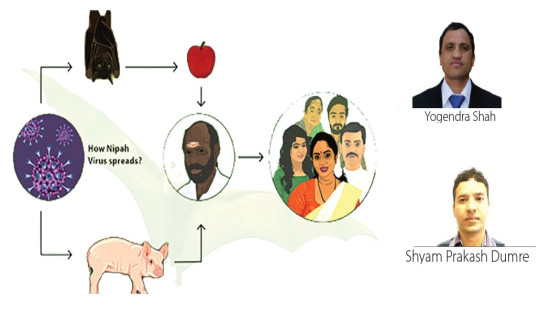- Friday, 6 February 2026
Judicial Committee Meet
Nepal’s transition to federal democratic republic marks a seismic shift in the country’s governance system. As mentioned in the new constitution, federalism aims to decentralise powers, rights and resources among the three-layer governments. The country has already conducted two elections to the federal, provincial and local assemblies. The autonomous local bodies are considered the ‘closest governments’ committed to the services of the common people. The mandatory provisions of fielding and electing the women, Dalits and marginalised in various posts of local units have expanded the scope of democracy. Thousands of women have been catapulted to the leadership rung, boosting women empowerment and participation in the political process. The inclusive governance structures are expected to further deepen the grassroots democracy. Nepal’s federal design is based on the principle of cooperation, collaboration and coordination between the national and sub-national governments.
Unlike the federal and provincial governments, the local ones are more sovereign, with around 22 exclusive rights in addition to other concurrent powers. The Judicial Committees operating in all 753 local units form the indigenous mechanism to enhance the people’s access to justice without delay. Headed by Deputy Mayors or Deputy Chairpersons, Judicial Committees serve as a bridge between formal courts and alternative dispute resolution mechanism such as community mediation. They basically attempt to democratise justice system with focus on reconciliation, social inclusion, recovery, and cooperative relationships. They boost people’s increased access to justice, judicial leadership at the local level, and public participation in the local level dispute settlement. This ultimately enhances the confidence of women and marginalised groups while enabling the authorities to chalk out plans and procedures to increase transparency and accountability.
However, the Judicial Committees are facing challenges to execute their tasks in an impartial and effective manner owing to the lack of legal expertise and due procedures. In order to overcome such impediment, more than 500 representatives who are the coordinators and members of the Judicial Committees gathered in Kathmandu Wednesday to learn and share their experiences in dispute settlement process. The first two-day national conference of the Judicial Committees aims to maintain uniformity in the procedural works to ensure credibility and efficiency of the local judiciary. Addressing the programme, Prime Minister Pushpa Kamal Dahal Prachanda said that the judicial committee could play a qualitative role in resolving local disputes by strengthening the political and administrative aspects. The PM noted that the Judicial Committees would contribute to implement constitution and instil public confidence and a sense of belonging towards the federal system.
According to news report of this daily, the government has issued 16 Acts to facilitate the activities of judicial committees. No doubt, the local government deserves kudos for its judiciary role as per available resources and capacity. However, it is imperative for the federal government to strengthen their institutional and structural capacity by providing enough human and financial resources. The federal parliament is in the final stage of endorsing the Federal Civil Service Act, Police Adjustment Act and Federal Education Act which will further clarify the jurisdiction of provinces and local units. The conference should help the participants in understanding the concept, practice and scope of judicial committee so that the local units prove their mettle in resolving the complex legal issues, providing justice to the marginalised and fostering the spirit of reconciliation and cooperation at the local level.

















